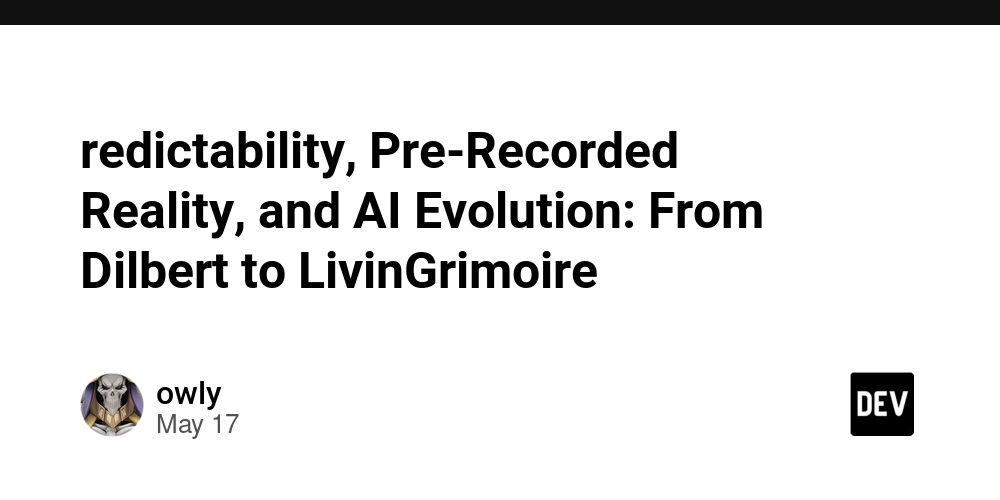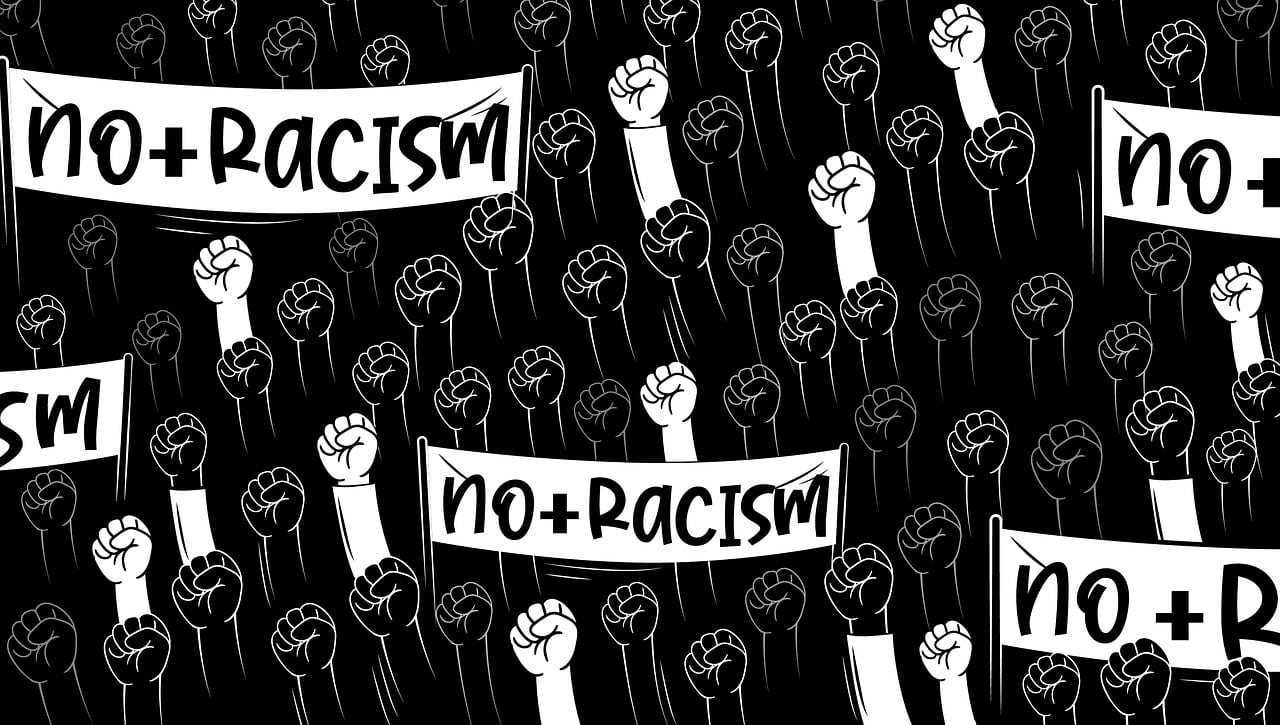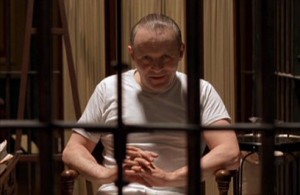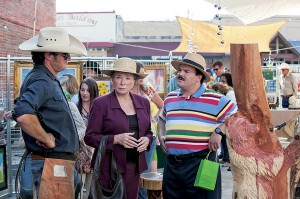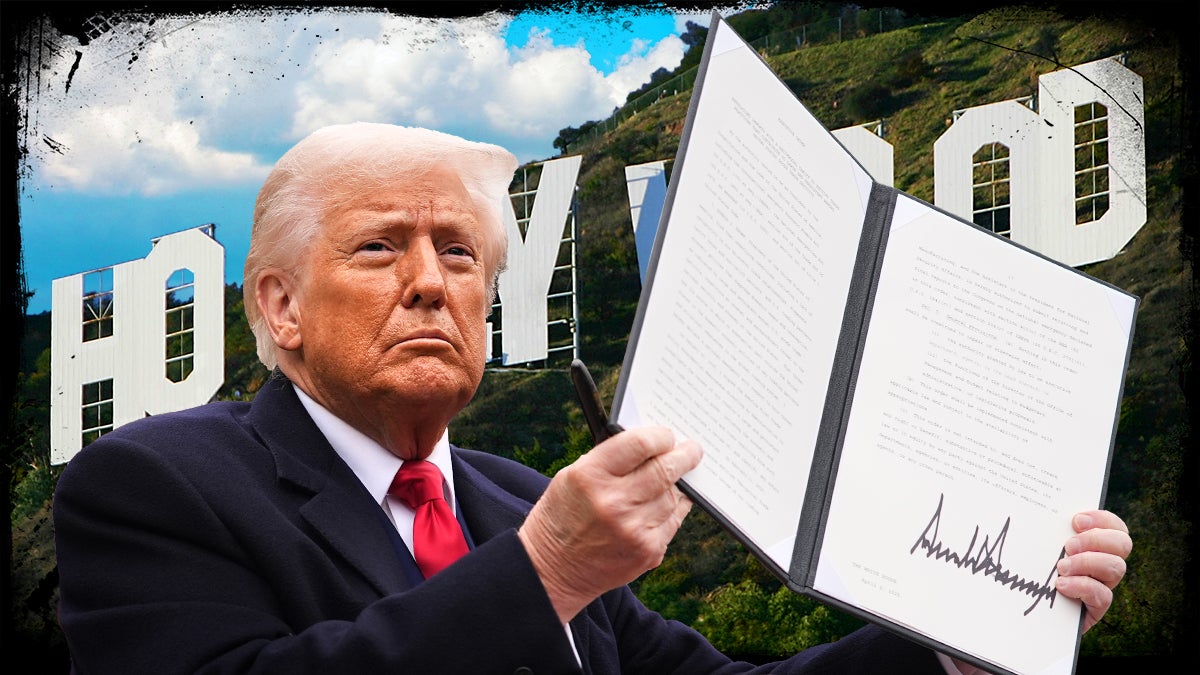Richard Linklater as Global Regionalist [on BERNIE]
My 27th column for Caiman Cuadernos de Cine, formerly known as Cahiers du Cinéma España, which appeared, I believe, in their July-August 2012 issue. — J.R. I have a habit as a critic that I suspect irritates some of my readers. When I find that my opinion about a new film differs substantially from that of the mainstream, I sometimes theorize that the reasons for this must be ideological. In this manner, I speculated that the immoderate fascination of other Americans with the mad serial killers of The Silence of the Lambs (1991) and No Country for Old Men (2007), which somehow seemed motivated by a twisted identification with them -– and especially with the capacity and eagerness of these psychotics to kill innocent people without any compunctions — were related to the fact that these films came out during the first and second Gulf wars, when Americans were killing innocent people with no compunctions at all, and sometimes even exhibiting comparable displays of glee about this mindless activity. More recently, I’ve been puzzling over the fact that Richard Linklater’s latest feature, Bernie, a masterpiece that has been clearly delighting many of the audiences that come to see it, was only released after many delays, wasn’t sent to Cannes, and has been doing poorly at the box office — a fate similar to that of Linklater’s previous feature, Me and Orson Welles (2011), another treasured project which took him many years to finance, and one also dominated by a remarkable central performance (Christian McKay as Orson Welles, Jack Black as Bernie Tiede). Read more
![Richard Linklater as Global Regionalist [on BERNIE]](https://jonathanrosenbaum.net/wp-content/uploads/2012/06/bernie-withbasket-300x203.jpg)
My 27th column for Caiman Cuadernos de Cine, formerly known as Cahiers du Cinéma España, which appeared, I believe, in their July-August 2012 issue. — J.R.
I have a habit as a critic that I suspect irritates some of my readers. When I find that my opinion about a new film differs substantially from that of the mainstream, I sometimes theorize that the reasons for this must be ideological. In this manner, I speculated that the immoderate fascination of other Americans with the mad serial killers of The Silence of the Lambs (1991) and No Country for Old Men (2007), which somehow seemed motivated by a twisted identification with them -– and especially with the capacity and eagerness of these psychotics to kill innocent people without any compunctions — were related to the fact that these films came out during the first and second Gulf wars, when Americans were killing innocent people with no compunctions at all, and sometimes even exhibiting comparable displays of glee about this mindless activity.
More recently, I’ve been puzzling over the fact that Richard Linklater’s latest feature, Bernie, a masterpiece that has been clearly delighting many of the audiences that come to see it, was only released after many delays, wasn’t sent to Cannes, and has been doing poorly at the box office — a fate similar to that of Linklater’s previous feature, Me and Orson Welles (2011), another treasured project which took him many years to finance, and one also dominated by a remarkable central performance (Christian McKay as Orson Welles, Jack Black as Bernie Tiede). Read more














